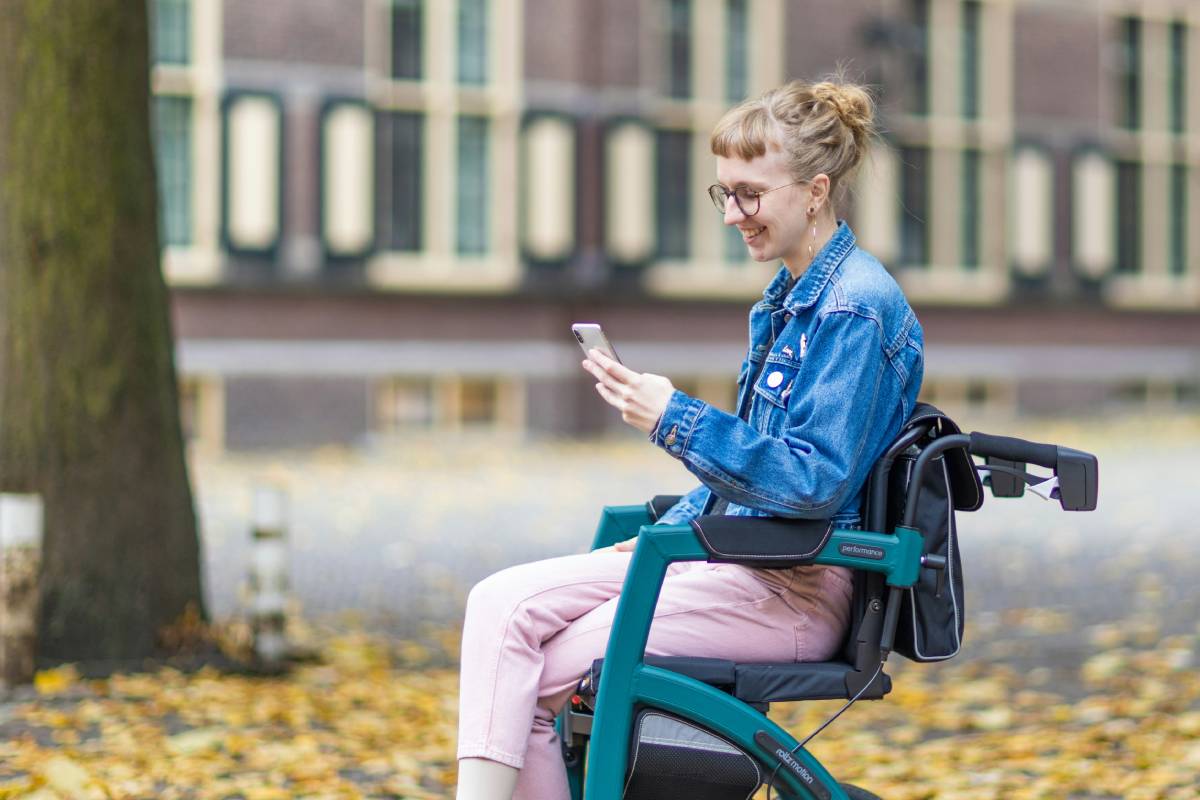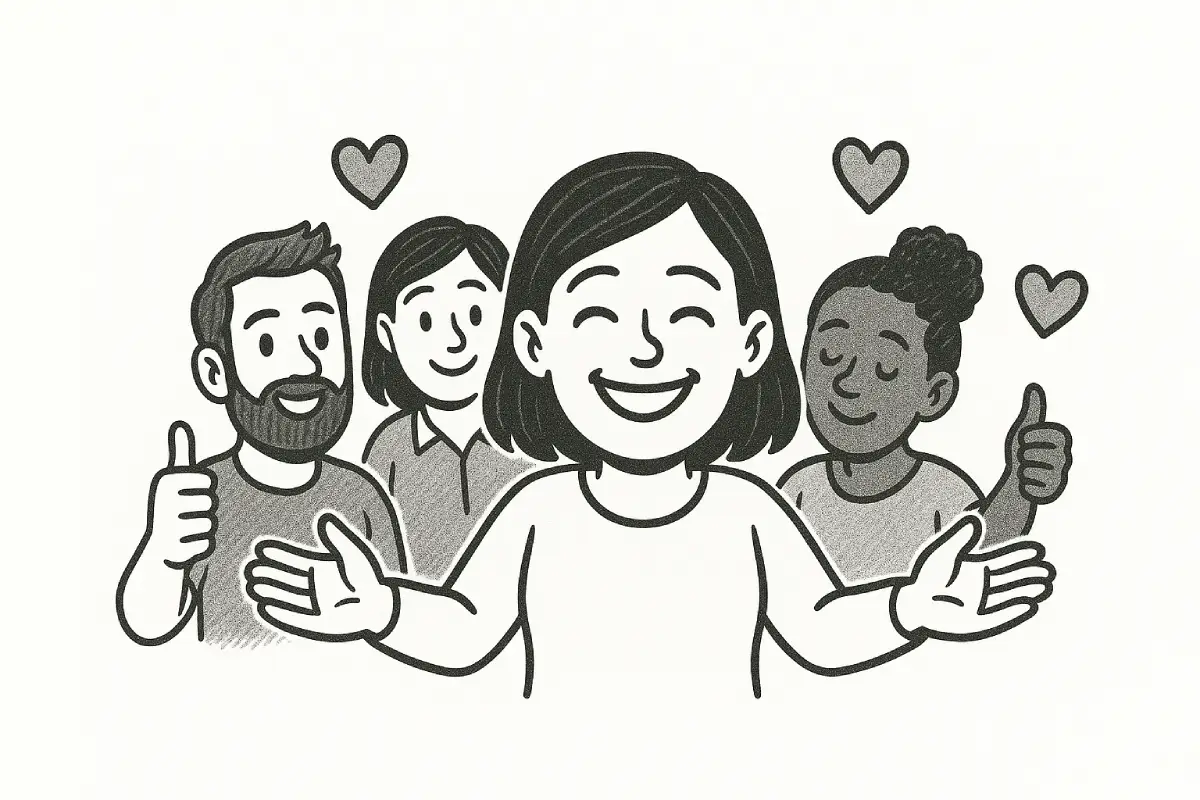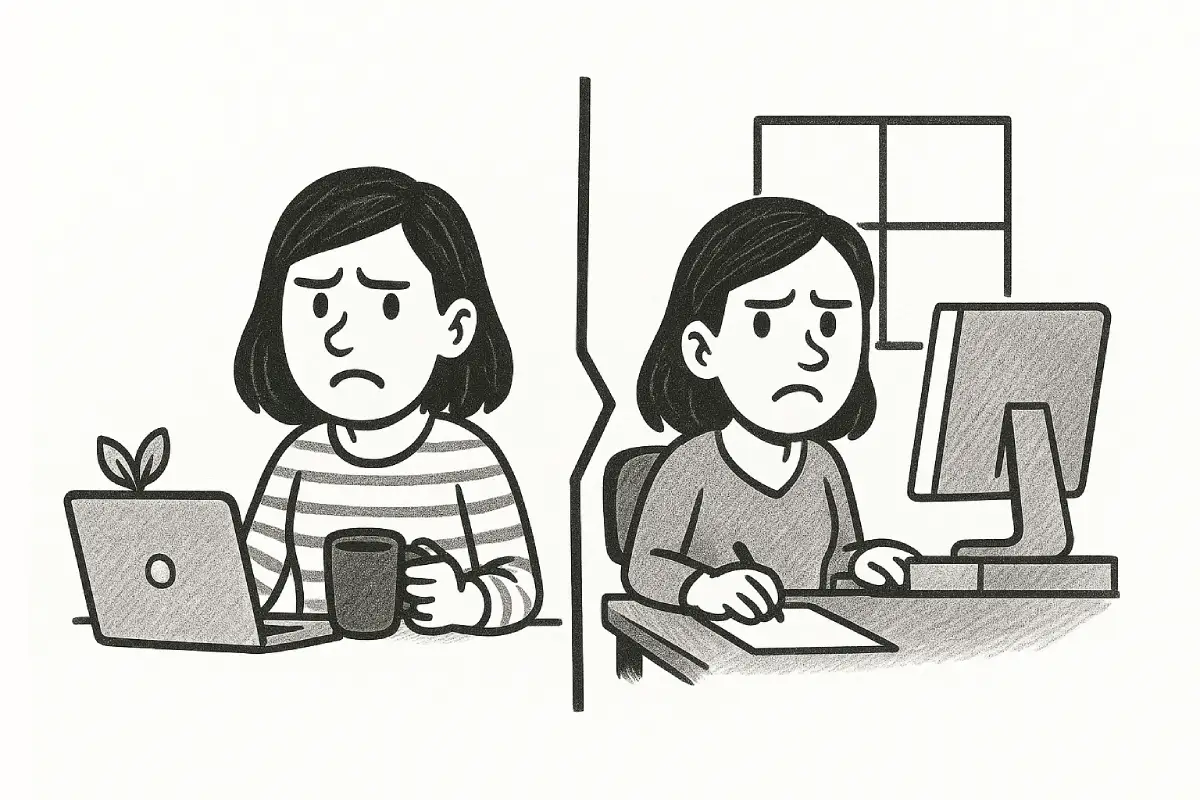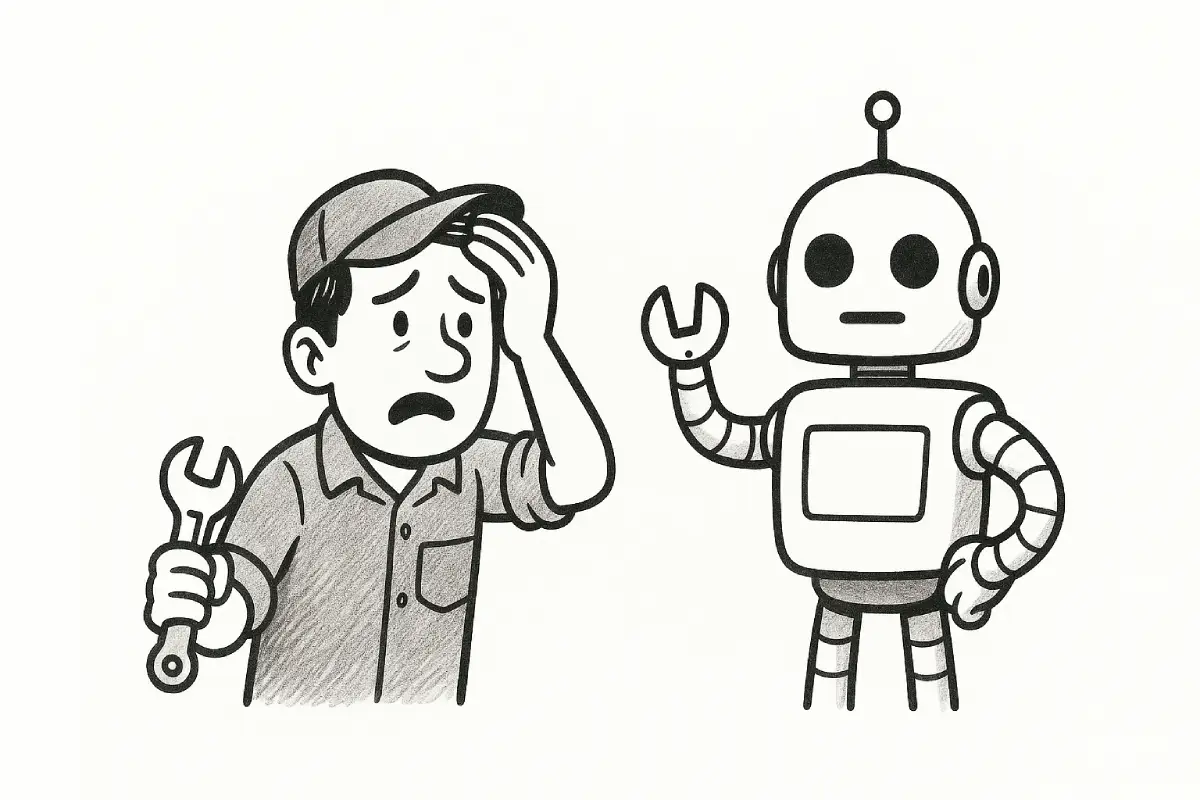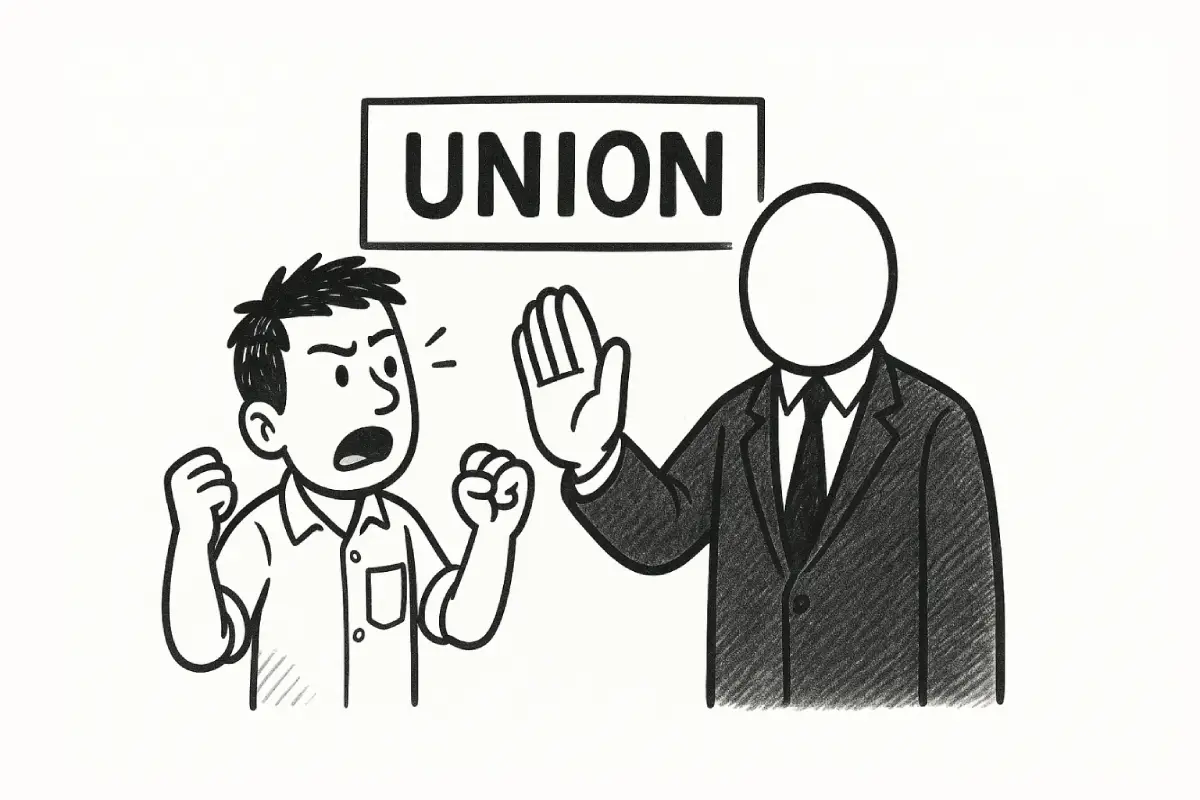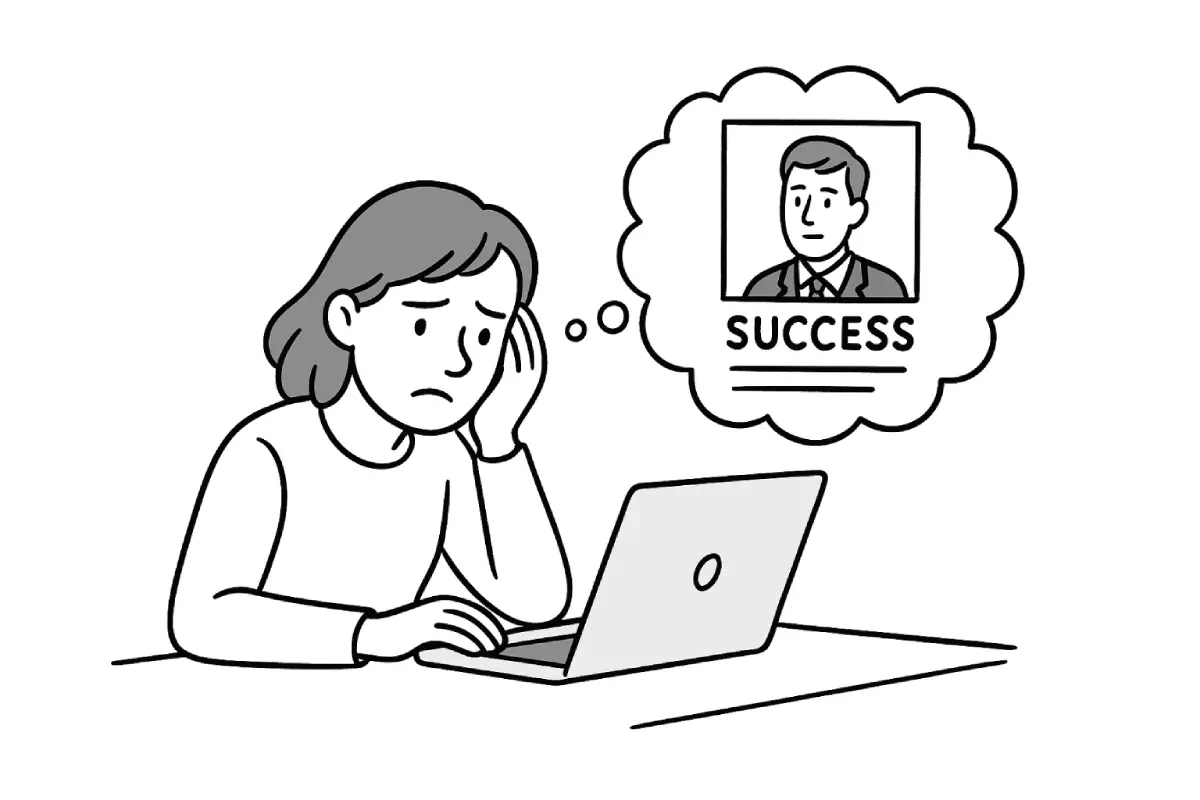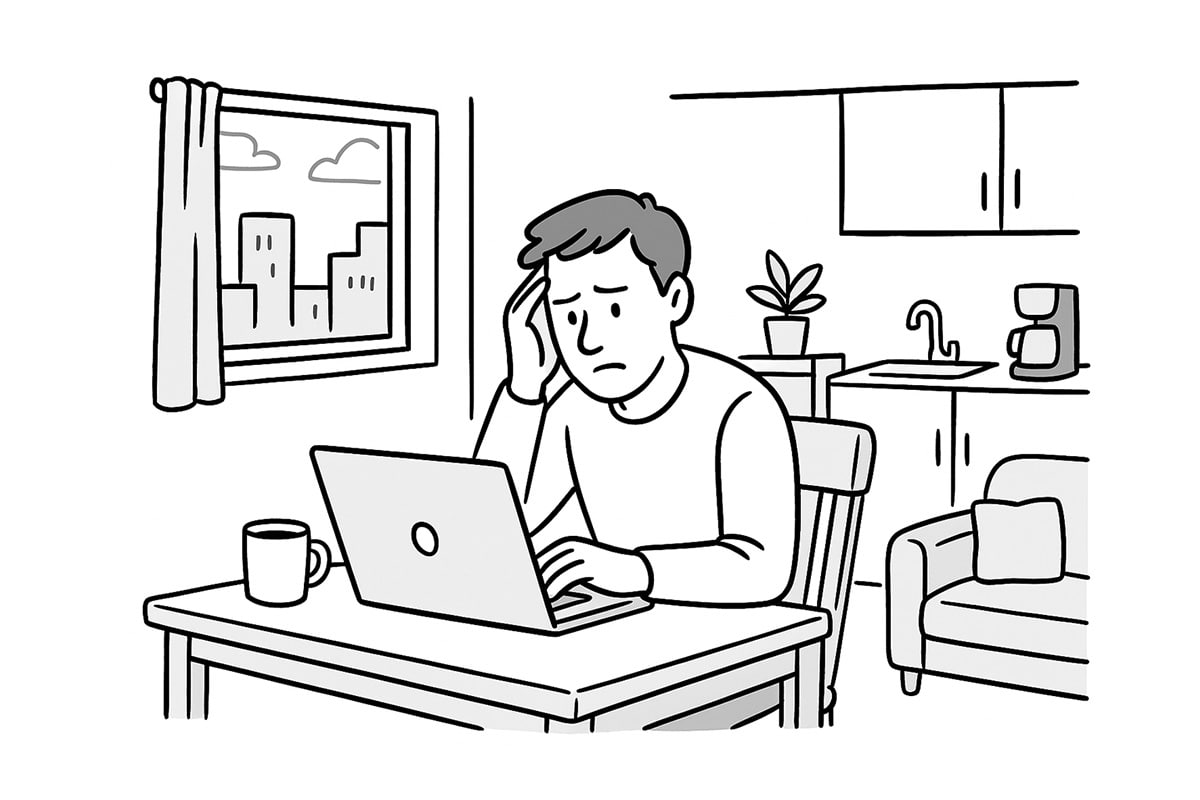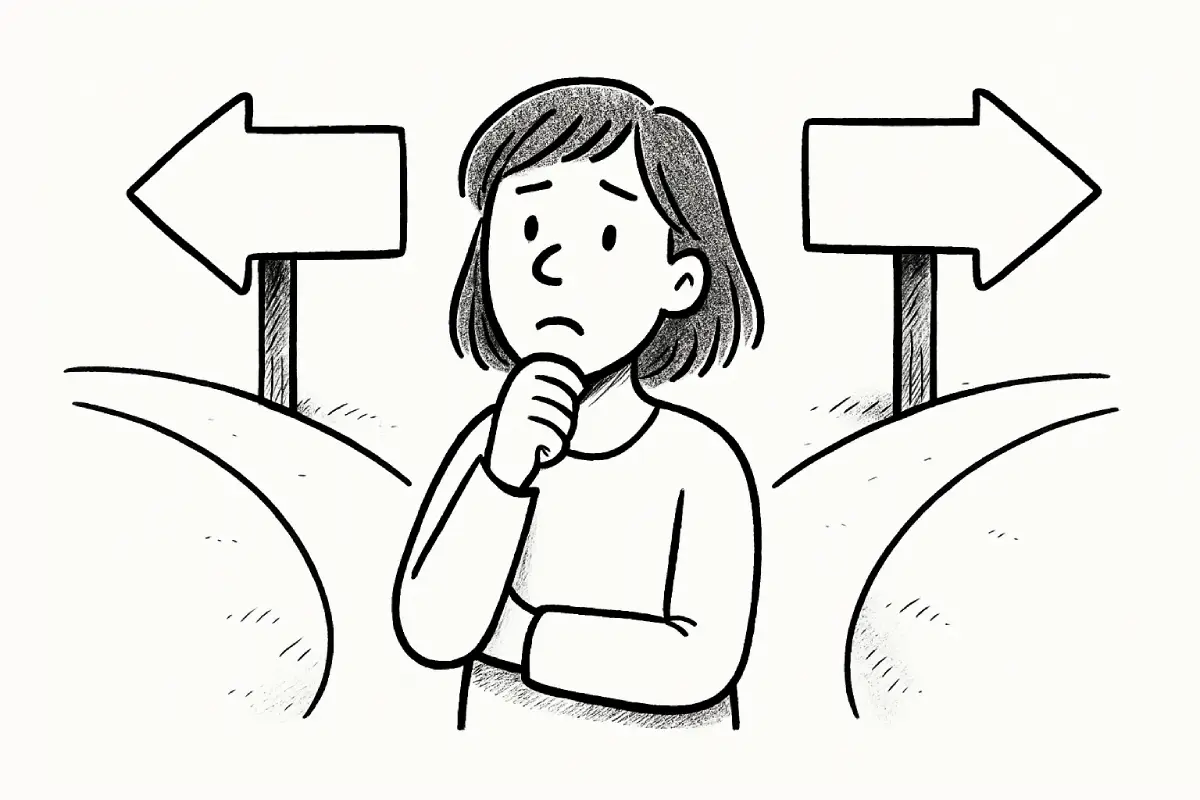Navigating education to employment is challenging for any student but requires extra planning and resources for those with disabilities. A significant 16% of the world’s population experiences disability, making their journey to a fulfilling career more complex. This involves not just acquiring skills and knowledge but also understanding and leveraging their unique strengths.
It includes seeking supportive networks and advocating for necessary workplace accommodations to ensure success. In this blog, we will explore practical steps and valuable insights for students with disabilities to craft a winning career plan.
Self-Assessment and Goal Setting
The foundation of a successful career plan lies in self-discovery. Before exploring careers, understand your strengths, interests, and learning preferences to make informed and suitable career choices. This assessment will serve as your guide, directing you toward career options that are both fulfilling and suited to you.
Effective strategies for self-assessment include evaluating your strengths and skills by considering subjects you excel in and activities you enjoy. Identifying whether you are analytical, creative, or a team player will help guide your career choice. Assess your interests and values by determining what work environment energizes you and aligns with your core beliefs.
Once you’ve completed this self-assessment, it’s time to translate your strengths and aspirations into actionable goals. SMART goal setting (Specific, Measurable, Achievable, Relevant, and Time-bound) will ensure your goals are clear and attainable.
BLS reported that in 2023, 22.5% of persons with a disability were employed. It marked the highest ratio recorded since comparable data began in 2008. This positive trend underscores the importance of self-assessment and goal-setting in achieving employment success.
Researching Career Options
Exploring various career options is essential for developing a robust career plan. Thorough research can help students with disabilities pinpoint industries and job roles that align with their abilities and passions. Also, this research can uncover supportive environments and necessary accommodations.
Start by identifying sectors that are known for their inclusivity and accessibility. Explore resources like the US Department of Labor’s Office of Disability Employment Policy (ODEP) and industry-specific reports for valuable insights. The US AbilityOne Commission also offers employment services and jobs to 40,000 individuals with disabilities.
Their resources include National Industries’ CareersWithVision for job seekers who are visually impaired and SourceAmerica’s Employment Resources for People with Disabilities. Also, networking, attending career fairs, and seeking informational interviews provide firsthand knowledge about potential career paths in your fields of interest.
Many organizations and nonprofits also offer job assistance for people with disabilities, including specialized job boards, vocational rehabilitation services, and mentorship programs. Utilizing these resources can enhance your understanding of careers, helping you identify roles that align with your personal and professional needs. Engaging with these support systems broadens your career options and connects you with a supportive, advocacy-driven community.
Networking and Building Support
Networking is a powerful tool for crafting a successful career plan, especially for students with disabilities. Establishing a robust professional network offers access to job openings, mentorship, and valuable industry knowledge.
Connect with peers, faculty, and alumni through your school’s career services. Online platforms like LinkedIn are also invaluable for expanding your network and finding professionals in your desired field.
In addition to general networking, seek out disability-focused organizations and events. Groups like the National Organization on Disability (NOD) offer networking events, workshops, and resources to support individuals with disabilities in their careers.
Education and Skill Development
Focusing on education and skill development is crucial for disabled students to build a successful career path. Pursuing relevant academic credentials and vocational training can unlock diverse career opportunities. Identify programs and courses that align with your career goals, and use institutional accommodations like extended test times to enhance learning.
According to The Guardian, the Office for National Statistics found that only 24.9% of disabled adults aged 21-64 hold a degree or higher. This is significantly lower compared to 42.7% of non-disabled adults.
However, attending university significantly reduces the disability job gap, enhancing employment prospects for disabled individuals. Higher education thus plays a critical role in leveling opportunities and fostering employment inclusivity.
Beyond formal education, focus on developing practical skills through internships, part-time jobs, and volunteer work. Online courses and workshops can also be valuable for acquiring specific skills that are in demand in your chosen field.
Navigating the Job Search Process
The job search process can be challenging, but with a strategic approach, students with disabilities can effectively navigate it to secure rewarding employment. Begin by crafting a strong resume and cover letter that highlight your skills, experiences, and any accommodations that have helped you succeed. Tailor these documents for each application to align with the job requirements.
Utilize specialized online job platforms for individuals with disabilities. Many companies prioritize diversity and inclusion, actively seeking to hire disabled individuals. Prepare for interviews by rehearsing typical questions and showcasing how your unique background can contribute to the company.
HR Future states that 76% of HR representatives would reject a cover letter with typos or spelling mistakes. Additionally, 38% view lying on a cover letter as a significant concern. It suggests the applicant lacks seriousness in their application. This sloppiness shows a lack of commitment to learning about the job opening and may hurt your chances.
Securing Employment and Workplace Success
Securing employment is a significant milestone, but achieving long-term workplace success requires continuous effort and adaptability. Once hired, it’s crucial to establish open communication with your employer about any accommodations you might need to perform your job effectively. Understanding your rights under the Americans with Disabilities Act (ADA) can empower you to advocate for the necessary support.
Building strong relationships with colleagues and supervisors fosters a supportive work environment. Seek out mentorship opportunities and professional development programs offered by your employer.
Continuing Education and Career Advancement
Continuing education is essential for career advancement, especially for students with disabilities. Keeping up with industry trends and developing new skills can boost your job prospects and lead to promotions. Look into advanced courses, certifications, or workshops that match your career objectives.
Engage in ongoing learning through webinars, conferences, and networking events to stay current and grow your professional connections.
Frequently Asked Questions
What are the first steps for students with disabilities in career planning?
The first steps for students with disabilities in career planning are self-assessment and goal setting. Identify your strengths, interests, and learning preferences, then set clear, achievable career goals based on this understanding.
What ongoing support is available for students with disabilities?
Ongoing support for students with disabilities includes academic accommodations and career resources such as counseling and job placement services. Also, organizations offer mentorship and networking opportunities to support professional growth.
How should students disclose disabilities during job interviews?
Students should disclose disabilities during job interviews by focusing on their strengths and explaining any accommodations needed for success. It’s best to do this early in the interview, clearly and confidently, to set up a supportive environment.
Empowering Your Future
Crafting a winning career plan as a student with disabilities involves a multifaceted approach. Each step discussed above is crucial in building a foundation for long-term professional success.
Remember, your unique perspectives and experiences are valuable assets in the workforce. With determination, strategic planning, and continuous learning, you can achieve your career aspirations and empower your future.
